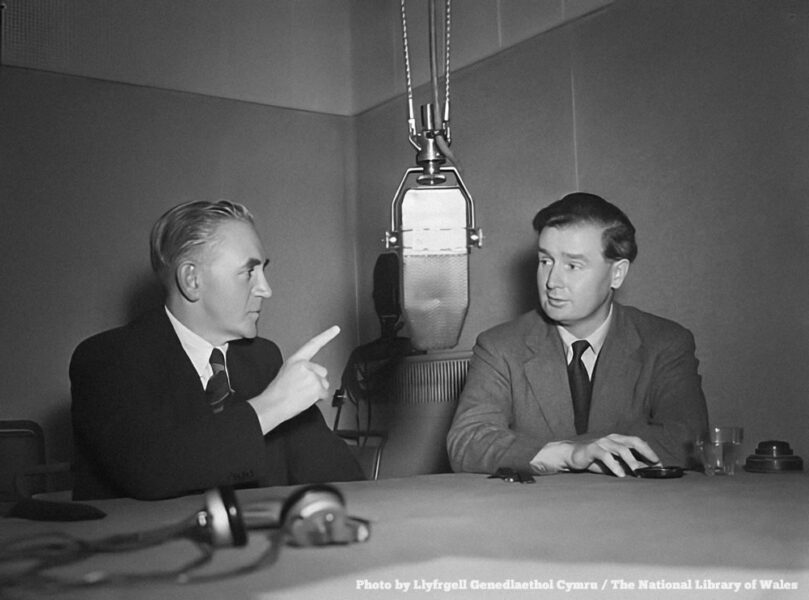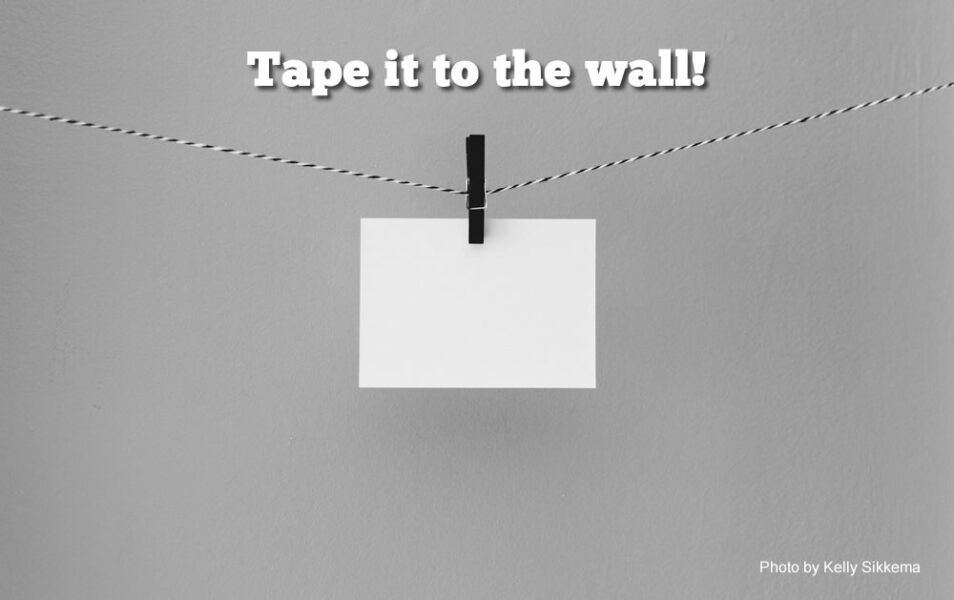
Quote from Sapiens author Yuval Harari’s op-ed in TIME Magazine:
Most Israelis are psychologically incapable at this moment of empathizing with the Palestinians. The mind is filled to the brim with our own pain, and no space is left to even acknowledge the pain of others. Many of the people who tried to hold such a space… are dead or deeply traumatized. Most Palestinians are in an analogous situation — their minds too are so filled with pain, they cannot see our pain.
But outsiders who are not themselves immersed in pain should make an effort to empathize with all suffering humans, rather than lazily seeing only part of the terrible reality. It is the job of outsiders to help maintain a space for peace. We deposit this peaceful space with you, because we cannot hold it right now. Take good care of it for us, so that one day, when the pain begins to heal, both Israelis and Palestinians might inhabit that space.




